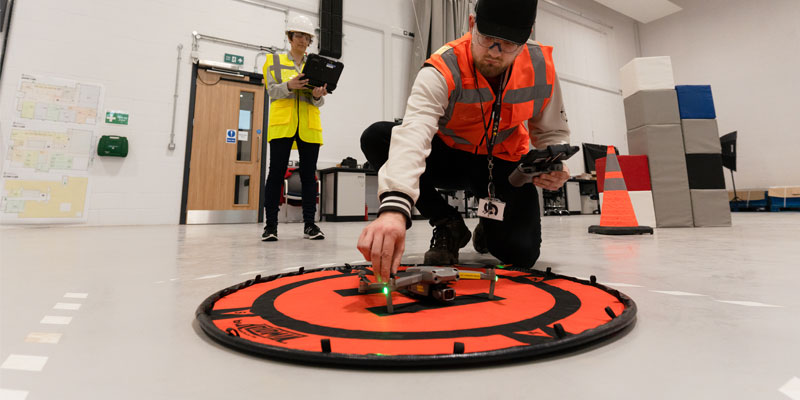
Assurance

Nobody cares as much about safety as we do at the ISA. The building, the facilities, the disciplinary breadth – it’s all in the service of ensuring and demonstrating that RCAS will not cause harm.
Professor John McDermid, Research Lead.
Activities and Partnerships
We run multiple research projects designed to provide RCAS decision-makers and users with the methods, tools, skills and education required to confidently adopt, approve, purchase and use only systems that are demonstrably safe, while rejecting unsafe systems with justification.
Trustworthy Autonomous Systems (TAS)
We manage the Resilience Node of UKRI’s Trustworthy Autonomous Systems Hub, identifying and creating the tools and methodologies required by developers to design RCAS that we can trust to operate effectively within uncertain, changing and disruptive circumstances.
We are building a methodology that enables designers, engineers, developers, regulators, operators and users to trace and allocate responsibility for the decisions, actions, failures and outcomes that result from the use of autonomous systems.
